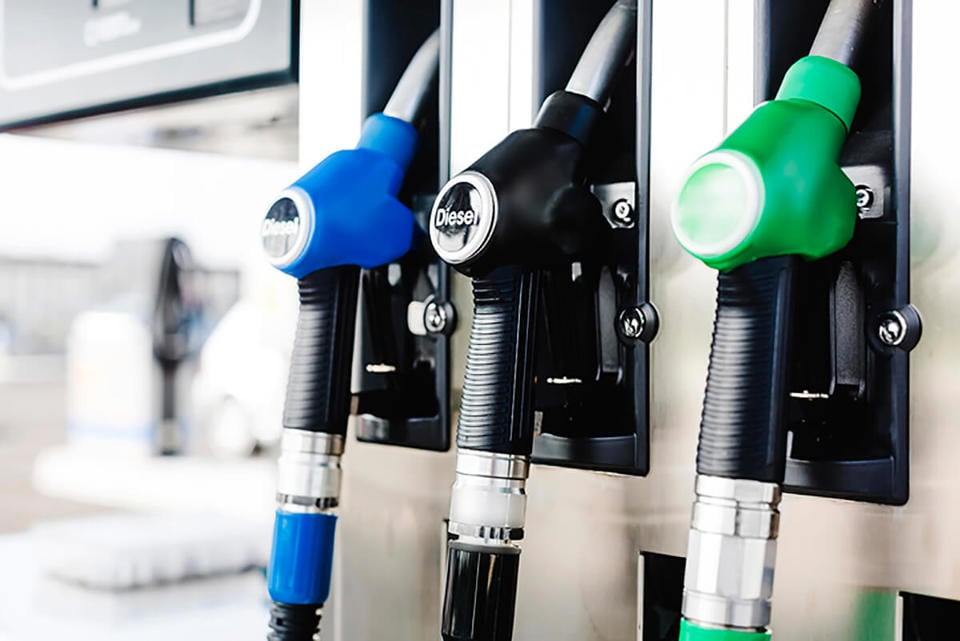Faced with what it claimed to be a £22 billion blackhole in the budget, the Treasury has announced a series of cuts across Whitehall, while agreeing to above inflation increases for public sector workers.
The Chancellor, Rachel Reeves, announced £5.5bn of savings this year and £8.1bn next year to tackle the overspend, including the cancellation of a planned road tunnel under Stonehenge, the A27 Arundel bypass in Sussex, and ditching £76 million to re-open previously closed rail lines.
She also committed to set out full fiscal plans, alongside a Spending Review, at the Budget on October 30.
However, while reiterating the Government’s pledge not to raise income tax, national insurance or VAT, Reeves remained tight-lipped about the possibility of tax raises elsewhere.
Julian Jessop, economics fellow at the free market Institute of Economic Affairs, said: “Taking the figures at face value, the immediate savings identified will only reduce this year’s shortfall from £21.9bn to £16.4bn. This suggests that substantial tax rises in the Autumn Budget will still be needed to close the gap.
“Moreover, the biggest single item is the bill for above-inflation pay rises in the public sector, only partially funded by efficiency savings.
“The Chancellor has also decided to double down on the existing fiscal rules, which are arbitrary and hold back the economy.
“The result is likely to be further cuts in infrastructure spending and large increases in the taxes on investment, which is not a good look for a Government that says it is prioritising growth.”
The options for tax increases could include ending the fuel duty freeze, which could raise up to an additional £4bn.
While fuel duty has been frozen since 2011-12, there is a worry that a rate rise could be on the horizon.
Paul Hollick, chair of the Association of Fleet Professionals (AFP), told Fleet News prior to Labour winning power that any increase would be “very much unwelcome”.
A rise in fuel duty would have a major impact on the fuel costs affecting fleets, with a particularly heavy impact on commercial fleet operators that have fewer vehicles transitioning to zero emissions technology.
The Office for Budget Responsibility (OBR) estimates that fuel duties are expected to raise £24.7 billion in 2023-24.
However, the OBR also estimates increased take-up of electric vehicles (EVs) is expected to cost £13bn a year in lost fuel duty by 2030.
The previous Chancellor, Jeremy Hunt, announced a 12-month extension to the temporary 5p fuel duty cut for petrol and diesel as part of the Spring Budget in March. This was in addition to cancelling the planned inflation increase for 2024/25.
The temporary cut was first introduced in March 2022 to combat high fuel prices after global supply chain issues following the pandemic, as well as Russia’s invasion of Ukraine.
Based on the current Government, petrol and diesel duty rates are set to rise by 5p in March 2025 plus retail price index (RPI) inflation (in April 2025) and by RPI inflation every year thereafter.
Infrastructure cancellations ‘short-sighted’
The Government’s decision to cancel roads projects to claw back cash, meanwhile, was met with dismay by the AA and Road Haulage Association (RHA).
RHA managing director, Richard Smith said: “We are disappointed at the announcements that key infrastructure projects - the A303 Tunnel at Stonehenge and the A27 Arundel bypass will be cancelled.
“Investment in the Strategic Road Network is a critical part of the Government’s mission to grow the economy. These vital schemes are long overdue, not just providing a link between the southeast and southwest, but also safeguarding our cultural heritage.
“A failure to invest in our road network now will mean a failure to tackle the growing problem of congestion on Britain’s roads and choke the economic recovery.”
It is estimated that congestion costs the UK economy a minimum of £30.8bn a year.
“In the short-term, the cost of an HGV stuck in stationary traffic for an hour is £120, a crippling cost at a time when businesses are under serious financial pressures,” Smith continued.
“In order to drive forward economic growth, we continue to urge the new Government to prioritise investment in key national infrastructure projects to tackle congestion, improve road safety, support business and keep the supply-chain moving at optimum levels.”
Jakob Pfaudler, CEO of the AA, added: “Efficient transport infrastructure covering both road and rail is essential to the economic viability of the country.
“Congestion wastes billions of pounds each year and can fuel inflation as the bulk of goods and passenger journeys are made by road.
“Government figures show 80% of freight travels by road and 86% of all passenger kilometres travelled used cars, vans, and taxis.
“We understand the Government needs to make savings and we would prefer to see this come from large infrastructure projects such as the A303 Stonehenge Tunnel being delayed rather than from the commitment to fund and fix the roads to remove the scourge of potholes.”






















Login to comment
Comments
No comments have been made yet.